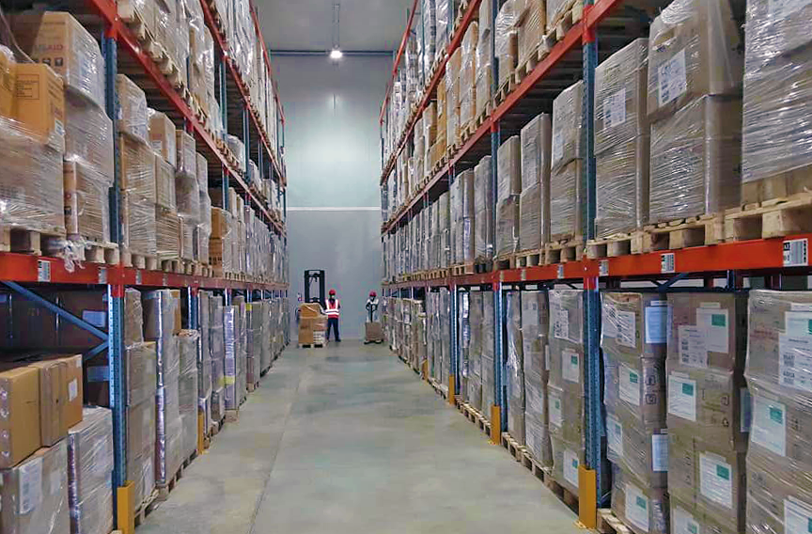
In warehouses outside Nairobi, millions of life-saving antiretroviral medications sit untouched casualties of diplomatic tension. Meanwhile, across Kenya, 1.4 million HIV-positive citizens count their remaining pills with growing anxiety.
When Medicine Becomes Political
The US President’s Emergency Plan for AIDS Relief (PEPFAR) has delivered over $7.5 billion in HIV/AIDS assistance to Kenya since 2004. Now, a bureaucratic standoff has stranded essential medications in storage facilities instead of clinics where they’re desperately needed.
“I have medication for two more weeks,” says James Mwangi, a 43-year-old teacher living with HIV in Kisumu. “After that? Nobody seems to know.”
The Human Cost
In Kibera, Kenya’s largest informal settlement, community health worker Mercy Atieno faces desperate questions she can’t answer. “These are not just statistics these are people who built their lives around treatment access that was promised would be reliable.”
The consequences extend beyond individual health. Interrupted antiretroviral treatment doesn’t simply pause progress it actively reverses health gains, potentially creating drug resistance that complicates future treatment.

Beyond Bureaucracy
“The most devastating aspect is its preventability,” explains Dr. Nduku Kilonzo, former head of Kenya’s National AIDS Control Council. “When aid freezes occur, it’s only weeks later when supply chains falter that the true human cost becomes apparent.”
The situation highlights a troubling reality: the vulnerability created by dependency on external funding streams subject to political winds.
For Sarah Kemunto, a mother of three living with HIV in Nakuru, these high-level discussions feel removed from her reality: “I don’t understand politics. I only understand that without my medicine, I cannot work. I cannot care for my children. I cannot live.”
As warehouses remain full while medicine cabinets empty, a moral question emerges: should humanitarian needs remain insulated from diplomatic tensions particularly when lives hang in the balance?